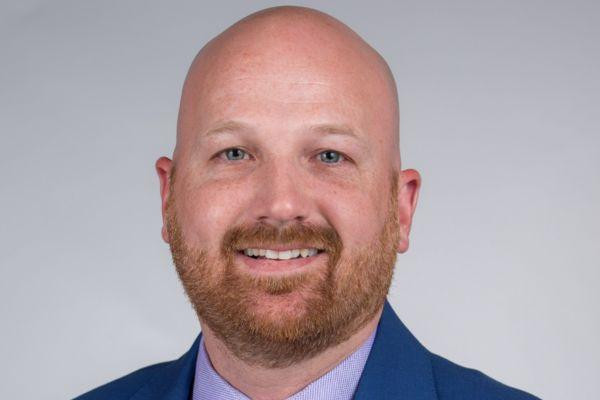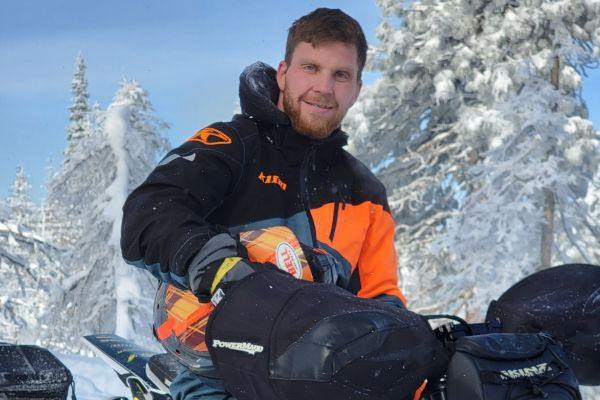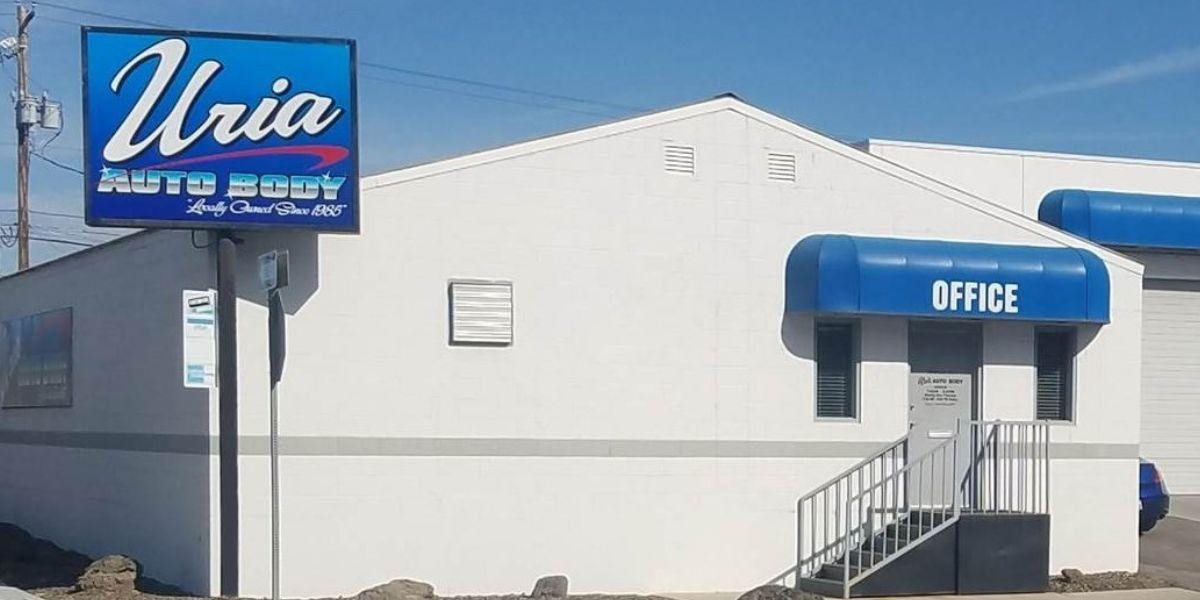Memphis-based Brightpoint Auto Body Repair acquired Uria Auto Body in Nampa, ID, its third deal there.
The MSO also bought Franklin Auto Body in December 2023 and Capital Auto Body in March, both in Boise.
“We’re trying to get a fourth by the end of the year,” President Paul Williams said.
Brightpoint now has 11 locations in six states, according to its website -- double what it had near the beginning of the year.
Williams has eight more in its purchase pipeline.
“I sometimes lose track,” he said.
Several will close by year-end.
‘You Gotta Come Back’
Brightpoint’s financial backer is SouthWorth Capital Management, a family-run financial management firm led by Jeff Presley.
Merrill Olson, who sold Uria Auto Body to Brightpoint, had bought the shop in 2015 from founder Tony Uria, who started it in 1985.
Olson had taken body shop classes in high school -- Idaho still sports quality body shop education programs -- and his brother had painted a car for their dad.
 Brightpoint President Paul Williams.
Brightpoint President Paul Williams.
“It turned out real nice for a high school kid, and I thought, ‘Heck, I’m going to start doing that,’” Olson said.
He spent time in Montana for work, “but like everyone else who leaves Idaho: you gotta come back.”
Olson started working as a painter at Uria Auto Body in 2001. As the founder and owner neared retirement “getting a little beat down,” Olson would joke, “When I buy this place, I’m going to do this, I’m gonna do that.”
One day, Uria asked Olson to stay after work. Waiting for them were “a banker, a real estate agent and an accountant, and they put together a plan for me to buy the shop.”
Uria Auto Body turns 40 next year.
‘And That Dream Goes Away’
Olson was there for more than half that. He was 32 in 2001, in his mid-40s when he bought it, his mid-50s now that he’s selling.
The Idaho market is strong, and even in a wait-and-see election season slowdown, the shop is still booked out more than a month. The center has 10,000 square feet, 14 employees, 100 jobs a month, with an average estimate of $3,000.
“It’s an excellent shop with a great reputation. Tony was well-loved in the community and by his employees,” and Olson has kept that up. “It’s full throttle all the time.”
So, why stop?
He’ll tell the usual tales of a changing body shop business, but the full truth is more personal.
Uria “had a short retirement,” Olson said, and died about a year ago. Olson’s shop operator peers have seen serious illnesses as they age. And he has endured the deaths of his three sons, including one who looked likely to succeed Olson at the shop.
“My life’s ambition was to bring my kids into this business,” he said. “You’re building it not just to live a good life, but for the future, your kids, for everybody, and that dream goes away.”
 Cody Olson.
Cody Olson.
Olson found the technical stuff wasn’t tough -- “we could do the certifications, get our OEMs done” -- but after his son, Cody Olson, died two Christmases ago, “I lost a lot of interest in going forward.”
He said, “Fifty-five is a great age to retire, and I can’t think of one good reason not to do it.”
‘It’s Kind of the Wild, Wild West’
Reputation is one thing Williams looks at when shopping for shops. It means returning customers, word-of-mouth, less reliance on scale.
“People came to us from everywhere,” Olson said. “Tony would never -- never -- turn a customer away, so we didn’t either.”
Olson, for his part, never considered a big MSO buyer. He spoke with the former owner of Capital Auto Body, who also sold to Brightpoint, who confirmed the continuity in that shop under Williams’ stewardship.
“They’re everything they said they’d be,” Olson was told. “This was not the story I heard from others -- technicians, service writers, parts delivery people” who worked in shops bought by the big guys.
Williams previously built a five-unit MSO, New Look Collision Centers, self-funded and with his father-in-law, before selling to Gerber Collision & Glass in 2019. He was then a vice president with the buyer, overseeing more than 50 locations.
SouthWorth’s support means he’s in no hurry to sell and doesn’t have to be.
“We’re going back to the basics, taking care of people, and taking care of partners,” Williams said. “We’re not going to grind everyone. We want to be the difference in collision repair.”
Managers and workers often stay on after acquisitions, sometimes including family members of the seller.
Williams scours the “secondary” markets -- think Fort Lauderdale, not Miami; Indianapolis, not Chicago. He buys a shop, then pursues a hub-and-spoke strategy: Boise and Nampa; Las Vegas and Henderson, NV; Nashville and Smithville, in Tennessee.
‘Small-Town Feel, Good History’
States like California, Oregon, Washington and Colorado are non-starters, not due to regulation, but because national MSOs consolidate there, cement relationships with insurers and parts suppliers, and make volume king.
Instead, it’s “where we can continue the reputation of a well-run organization, that’s been in the community,” Williams said, as measured by five years of numbers, and for instance, online rep, such as Google reviews.
“Small-town feel, a lot of good history -- and growth. Longevity and growth,” Williams said.
Boise-Nampa, for instance, is still ‘blue collar,’ Williams said -- it’s a stop on the pro rodeo circuit -- though the area has grown nearly 5% annually for two decades.
“It’s kind of the Wild, Wild West,” he said. “The city’s growing,” and there’s little consolidation.
“Nobody owns more than two locations,” he said. “Actually, nobody owns more than one.”
No one but Brightpoint.














Paul Hughes